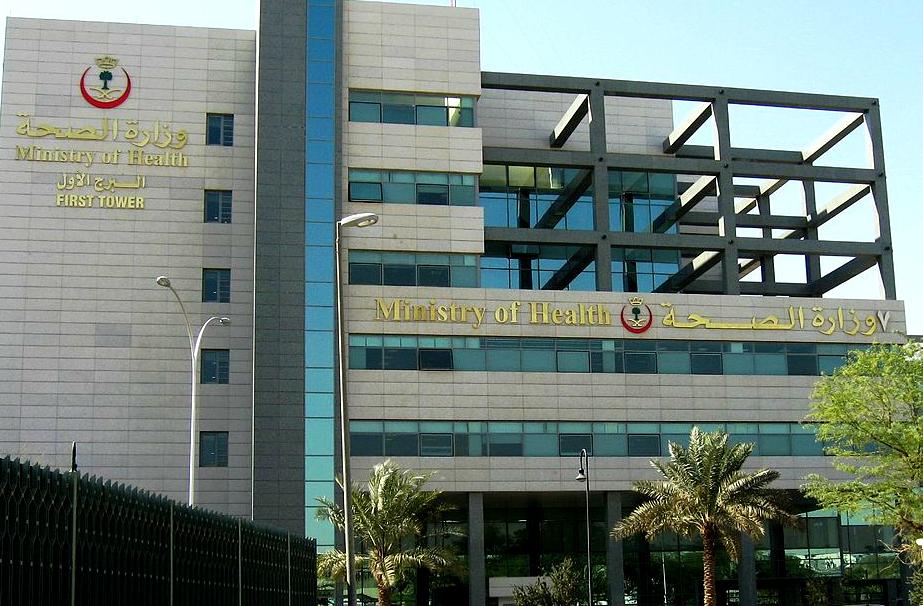The trickle of MERS-CoV (Middle East respiratory syndrome coronavirus) cases continued today with Saudi Arabia reporting three more, including a fatal one, pushing the unofficial global count over 60.
The Saudi Ministry of Health (MOH) said two of the cases are in Taif governorate, which lies near Mecca in the western part of the country. They involve a 65-year-old Saudi citizen and a 68-year-old female citizen, both of whom have chronic illnesses and are in hospital intensive care units. The ministry didn't say if the patients are related or otherwise epidemiologically linked.
The other case-patient, a 46-year-old male "resident" in Wadi Al-Dawasir, died today, the MOH said. Wadi Al-Dawasir is a town in Riyadh province in the country's central highlands. The statement gave no other details about the patient.
All three cases occurred far from the Al-Ahsa region of eastern Saudi Arabia, where most of the country's recent cases have been reported, including a hospital-centered outbreak involving 25 cases and 14 deaths.
The new cases raise the MOH's posted MERS-CoV count to 46, including 28 deaths. They also boost the unofficial global count to 61 cases and 34 deaths.
As Saudi Arabia announced the three new cases today, the World Health Organization issued a statement recognizing the three cases that the country reported 2 days ago. Those involve a 63-year-old woman from the Eastern region, a 75-year-old man from Al-Ahsa governorate, and a 21-year-old man from Hafar Al-Batin governorate who died.
The Saudi announcement of those cases on Jun 12 listed the two older patients as Saudi citizens and the young man as a resident. With the three cases, the WHO's MERS-CoV tally rose to 58 cases and 33 deaths. (The US Centers for Disease Control and Prevention [CDC] raised its own count today to 61 cases and 34 deaths.)
In other developments, Italy has detected no more MERS-CoV cases after monitoring contacts of its first three patients for 2 weeks, according to a machine-translated government statement that was cited by Michael Coston of the Avian Flu Diary blog. The incubation period for the virus is currently estimated at 9 to 12 days.
Italy's first case was in a 45-year-old hotel worker who fell ill after returning to Italy following a 40-day stay in Jordan; his illness was reported on May 31. Subsequently the man's 2-year-old niece and a 42-year-old female coworker were infected, according to earlier reports. The three were hospitalized in Florence.
Days after those cases were reported, Italian media reports said initial testing had shown that some asymptomatic contacts of the patients were infected, but those reports were later discounted.
Also today, a news report in The Lancet said at least four institutions have developed serologic tests for MERS-CoV, but the countries with the most cases have not used them much. The tests could be used to search for the virus in animals and for evidence of mild and asymptomatic human cases, the story noted.
Anthony Mounts, MD, the WHO's lead expert on MERS-CoV, told The Lancet, "I think the Saudis have been a little bit reluctant to use one of these tests. I hope they will very soon because I think that even in their current state [of verification], the assays are actually very useful."
The CDC has developed a MERS-CoV serologic test, but it has not yet been validated, a CDC official said yesterday during a teleconference for clinicians.
See also:
Jun 14 WHO statement
Jun 14 Saudi MOH statement
Saudi MOH MERS-CoV overview page with case count
Jun 15 Lancet story





















